
Speaker says vaccines and autism may be linked, a view denied by public health officials
"It should be the right of every parent and family to make their own decisions," said Blaxill.
A national speaker who believes there are links between vaccines and autism told a group of Somali-American parents Sunday night that they should choose whether to vaccinate their children by weighing risks and benefits.
About 90 people met at Safari Restaurant in Minneapolis to hear Mark Blaxill, an editor of a website about what it calls "the autism epidemic,” present information on measles outbreaks, autism rates and what he said were the fraudulent results of a 2004 study by the U.S. Centers for Disease Control and Prevention on the link between autism and vaccines, a theory that health officials have debunked.
"It should be the right of every parent and family to make their own decisions,” said Blaxill.
Blaxill’s visit comes in the midst of Minnesota’s second measles outbreak in seven years. As of Sunday morning, there were 32 cases of measles in Minnesota, including instances in Ramsey and Stearns counties as well as Hennepin County, where the majority are concentrated.
The Minnesota Department of Health says "all Minnesota children 12 months and older who have not received a measles, mumps and rubella (MMR) vaccine should get it now.”
Public health officials have said vaccination rates among Somali-Americans have fallen in recent years as more parents opt out due to autism fears.
Minnesota Department of Health officials have been trying to reverse the drop in immunization rates among that demographic through education, relying on community leaders to build trust and overcome doubt.Twenty-eight of the confirmed cases have been among Somali-American children under age 5, all of whom are unvaccinated or not fully vaccinated against the highly communicable disease.
Blaxill — who says that he’s not anti-vaccine — also explained Minnesota law and how parents can opt out of vaccinations, providing forms and access to a notary public for parents. Several nonprofits advocating parental choice in vaccinations were present, including the Minnesota Vaccine Safety Council, Health Choice and National Health Freedom Coalition.
Others in the audience forcefully disputed the idea that vaccination causes autism, including a group of pediatricians.
Dr. Sheldon Berkowitz, who works at a Minneapolis clinic that treats many Somali-American patients, said Blaxill minimized the seriousness of measles.
"They’re our families,” said Paula Mackey, who works at the same clinic. "[Somali parents] are just trying to do what is right for their children, and this misinformation is hurting them.”
Attendees Sunday night had varied opinions about vaccines and autism, despite the fact that any link has been thoroughly discredited by the scientific community.
Measles can be dangerous, said parent Ikram Mohamed, but the illness only lasts a short time.
In contrast, "Autism is not a curable disease,” said Mohamed, as several Somali-American mothers in the front row cheered her on.
Mohamed, a mother of five who said she had delayed vaccination in four of her children due to fears about autism, said doctors need to inform parents that they can delay or opt out of vaccines.
Daub Hussein said he came to get more information about a topic that’s controversial not just for Somali-Americans, but for many African immigrant groups.
The meeting venue was changed just hours before the event from the Brian Coyle Community Center to the Somali restaurant located off Lake Street, which some said hurt attendance.
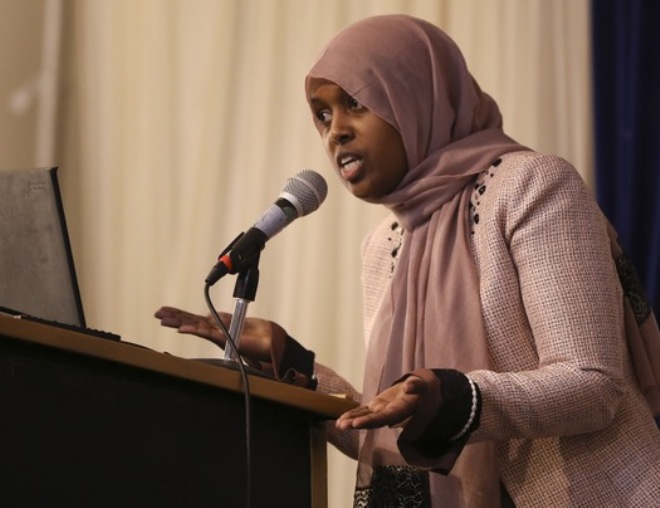
Ikram Mohamed told the audience that she has five children and has chosen to delay the vaccinations of four of them over fears of a link to autism.
A national speaker who believes there are links between vaccines and autism told a group of Somali-American parents Sunday night that they should choose whether to vaccinate their children by weighing risks and benefits.
He also said the government has lied in its previous vaccine research and that the danger of measles is overstated.
About 90 people met at Safari Restaurant in Minneapolis to hear Mark Blaxill, an editor of a website about what it calls "the autism epidemic,” present information on measles outbreaks, autism rates and what he said were the fraudulent results of a 2004 study by the U.S. Centers for Disease Control and Prevention on the link between autism and vaccines, a theory that health officials have debunked.
"It should be the right of every parent and family to make their own decisions,” said Blaxill.
Blaxill’s visit comes in the midst of Minnesota’s second measles outbreak in seven years. As of Sunday morning, there were 32 cases of measles in Minnesota, including instances in Ramsey and Stearns counties as well as Hennepin County, where the majority are concentrated.
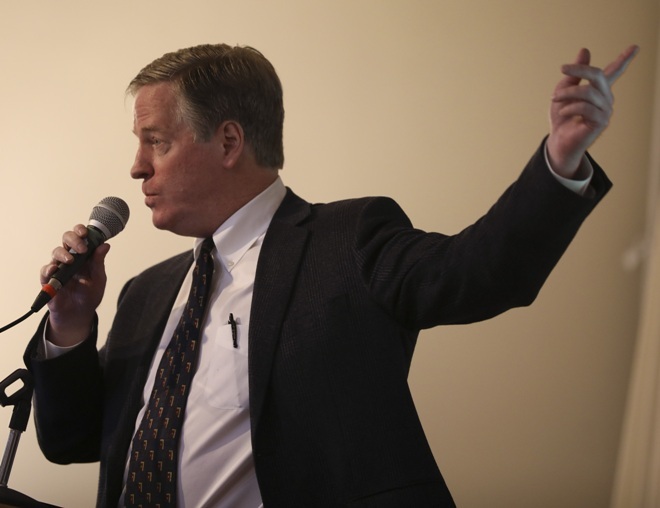
Mark Blaxill of Health Choice, a group active in the anti-vaccine movement, spoke about the risks of vaccines. Doctors in the crowd disputed his assertions.
The Minnesota Department of Health says "all Minnesota children 12 months and older who have not received a measles, mumps and rubella (MMR) vaccine should get it now.”
Public health officials have said vaccination rates among Somali-Americans have fallen in recent years as more parents opt out due to autism fears.
Minnesota Department of Health officials have been trying to reverse the drop in immunization rates among that demographic through education, relying on community leaders to build trust and overcome doubt.Twenty-eight of the confirmed cases have been among Somali-American children under age 5, all of whom are unvaccinated or not fully vaccinated against the highly communicable disease.
Blaxill — who says that he’s not anti-vaccine — also explained Minnesota law and how parents can opt out of vaccinations, providing forms and access to a notary public for parents. Several nonprofits advocating parental choice in vaccinations were present, including the Minnesota Vaccine Safety Council, Health Choice and National Health Freedom Coalition.
Others in the audience forcefully disputed the idea that vaccination causes autism, including a group of pediatricians.
Dr. Sheldon Berkowitz, who works at a Minneapolis clinic that treats many Somali-American patients, said Blaxill minimized the seriousness of measles.
"They’re our families,” said Paula Mackey, who works at the same clinic. "[Somali parents] are just trying to do what is right for their children, and this misinformation is hurting them.”
Attendees Sunday night had varied opinions about vaccines and autism, despite the fact that any link has been thoroughly discredited by the scientific community.
Measles can be dangerous, said parent Ikram Mohamed, but the illness only lasts a short time.
In contrast, "Autism is not a curable disease,” said Mohamed, as several Somali-American mothers in the front row cheered her on.
Mohamed, a mother of five who said she had delayed vaccination in four of her children due to fears about autism, said doctors need to inform parents that they can delay or opt out of vaccines.
Daub Hussein said he came to get more information about a topic that’s controversial not just for Somali-Americans, but for many African immigrant groups.
The meeting venue was changed just hours before the event from the Brian Coyle Community Center to the Somali restaurant located off Lake Street, which some said hurt attendance.



 0
0 
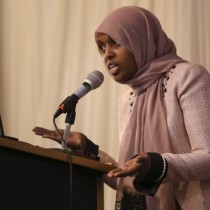




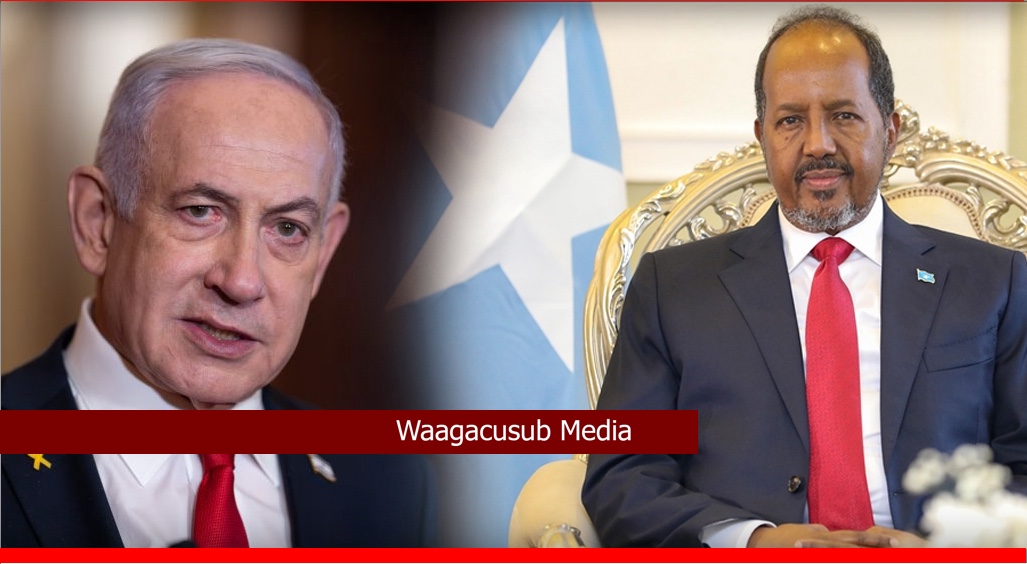

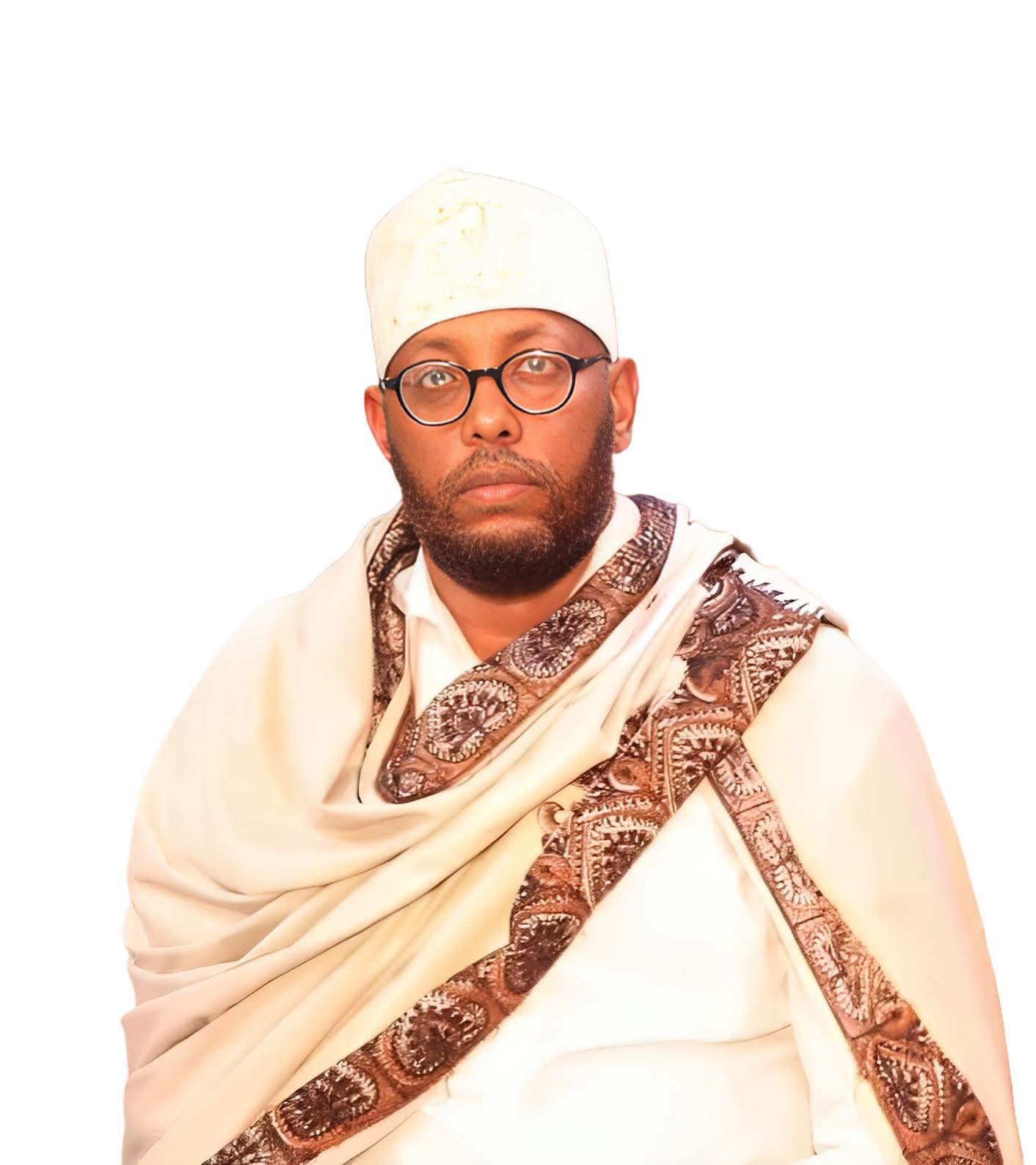

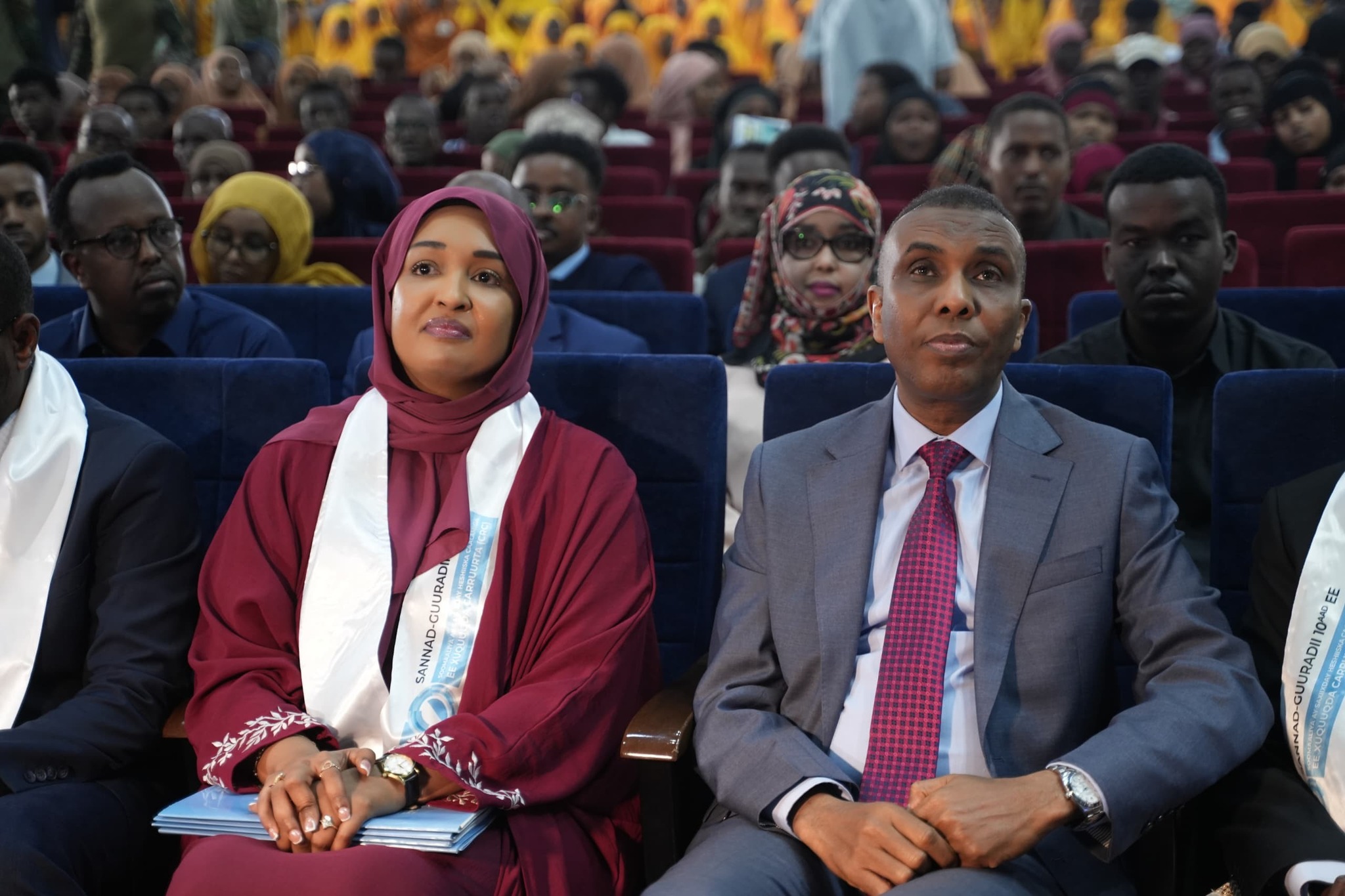
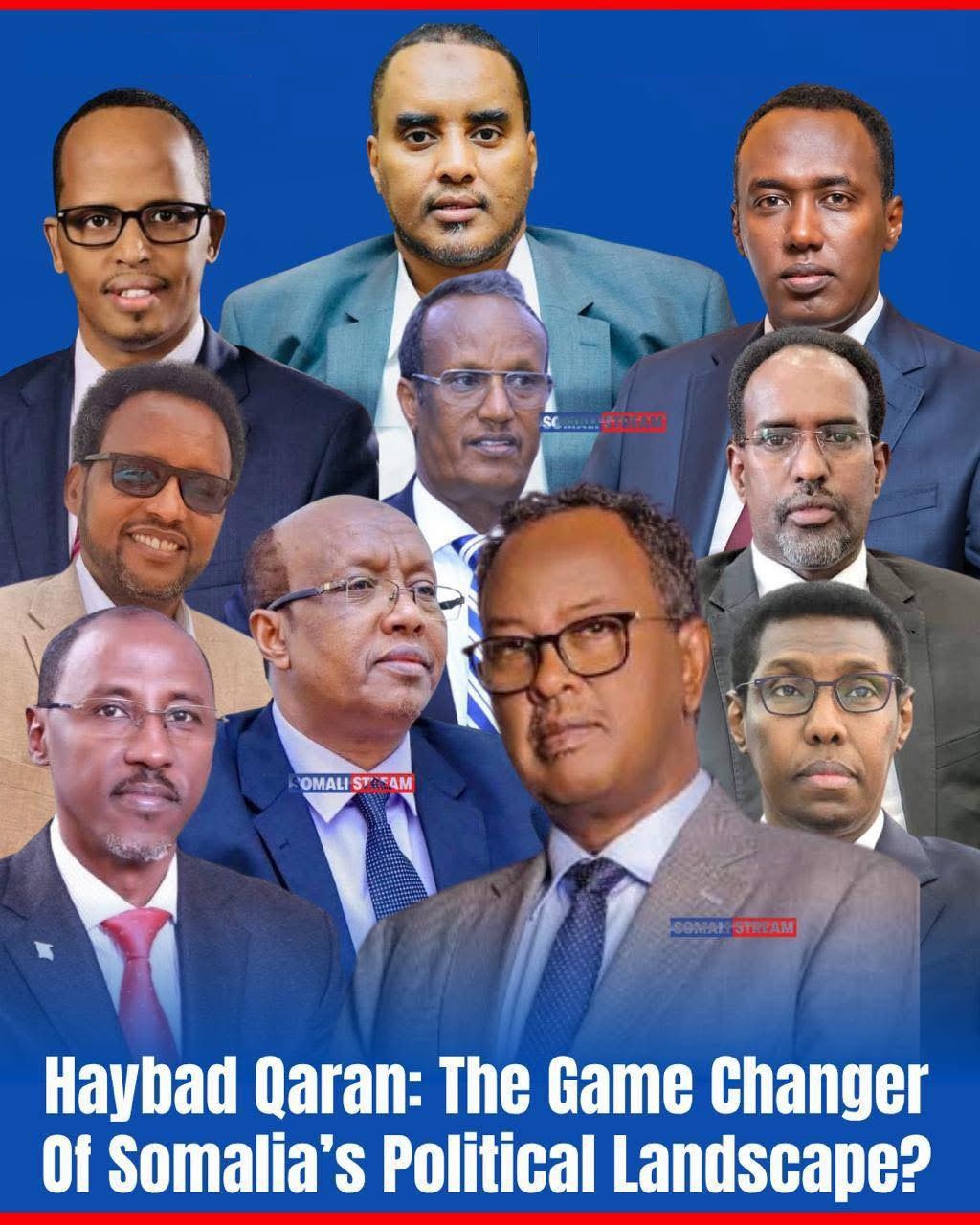

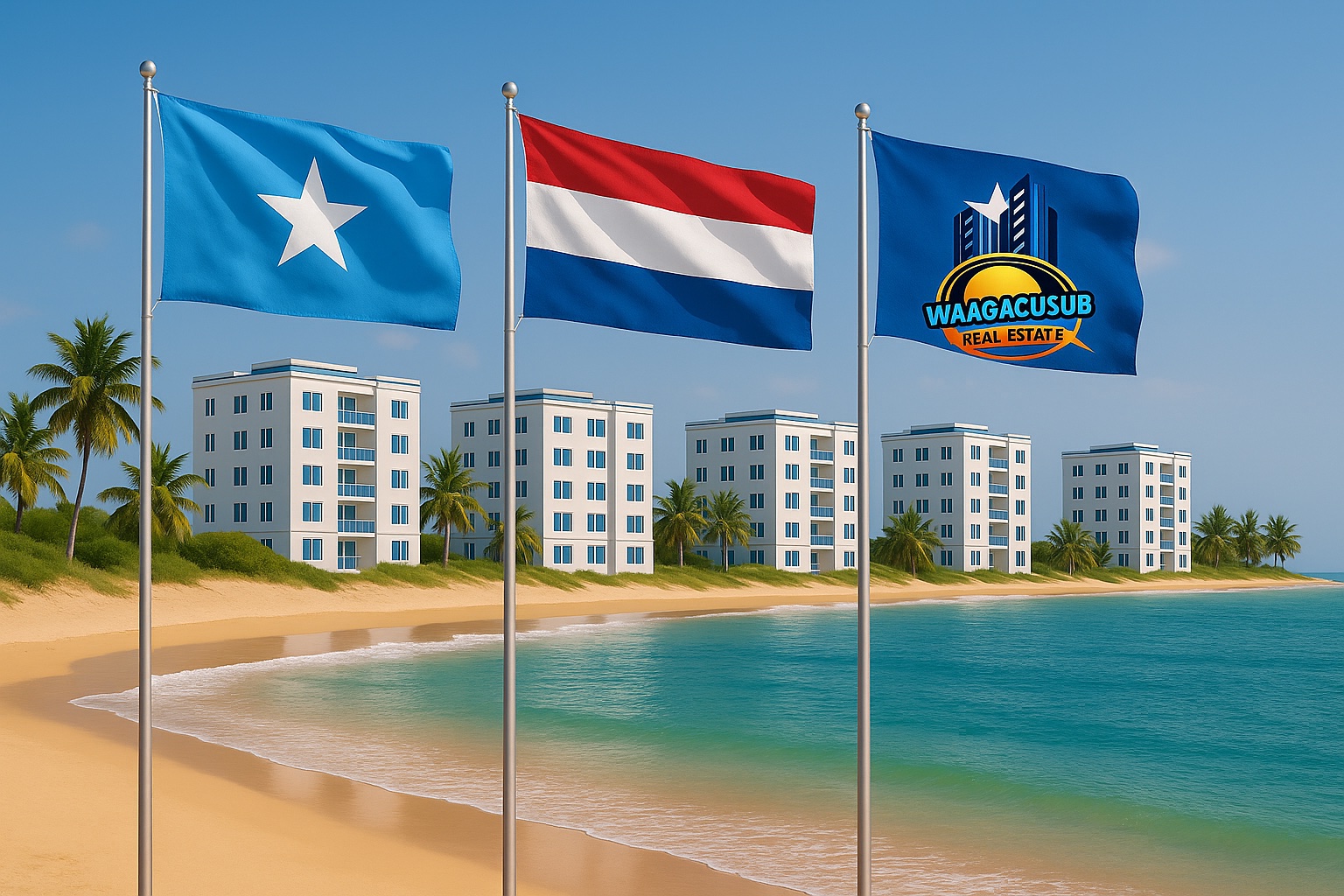
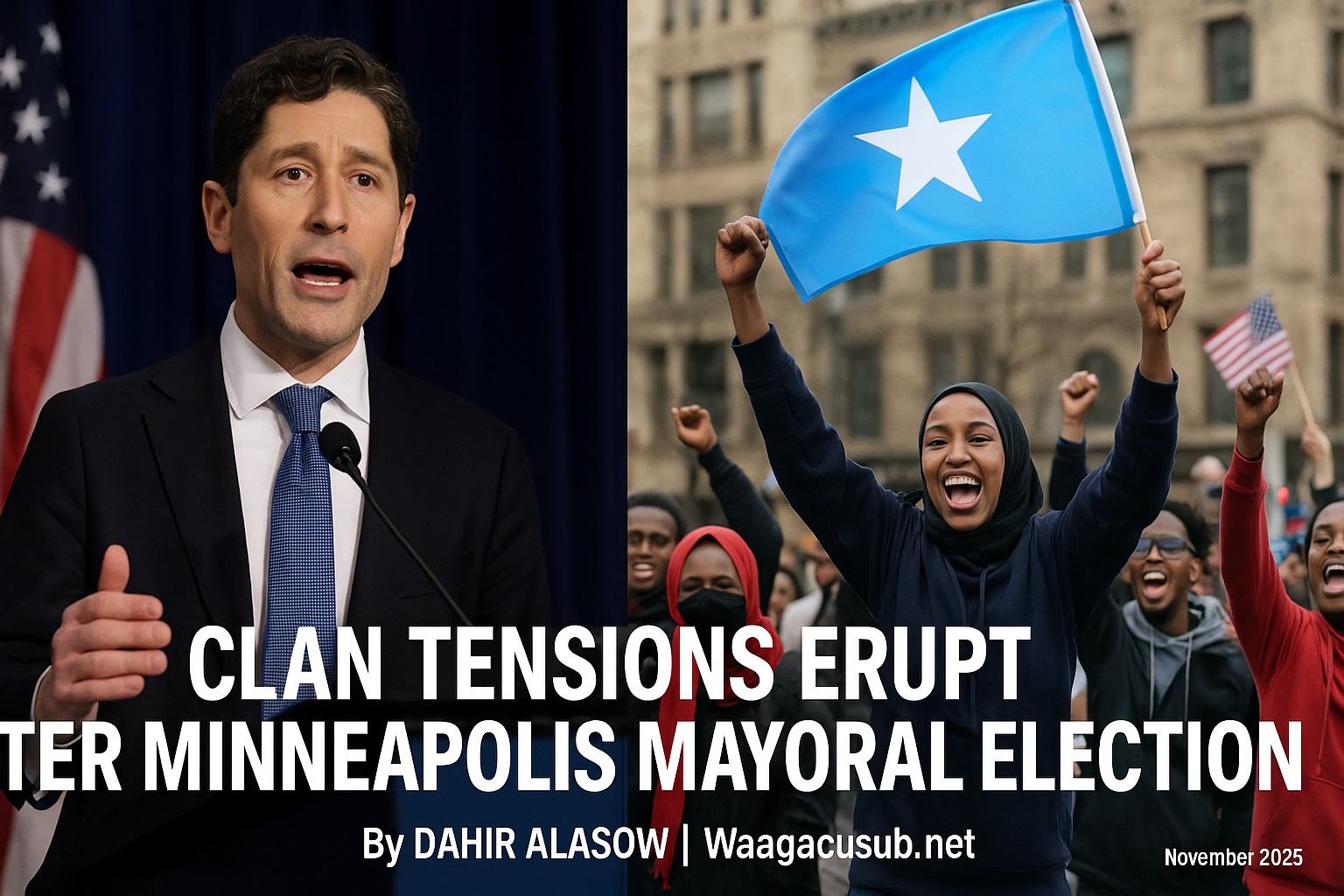
Speaker says vaccines and autism may be linked, a view denied by public health officials
"It should be the right of every parent and family to make their own decisions," said Blaxill.